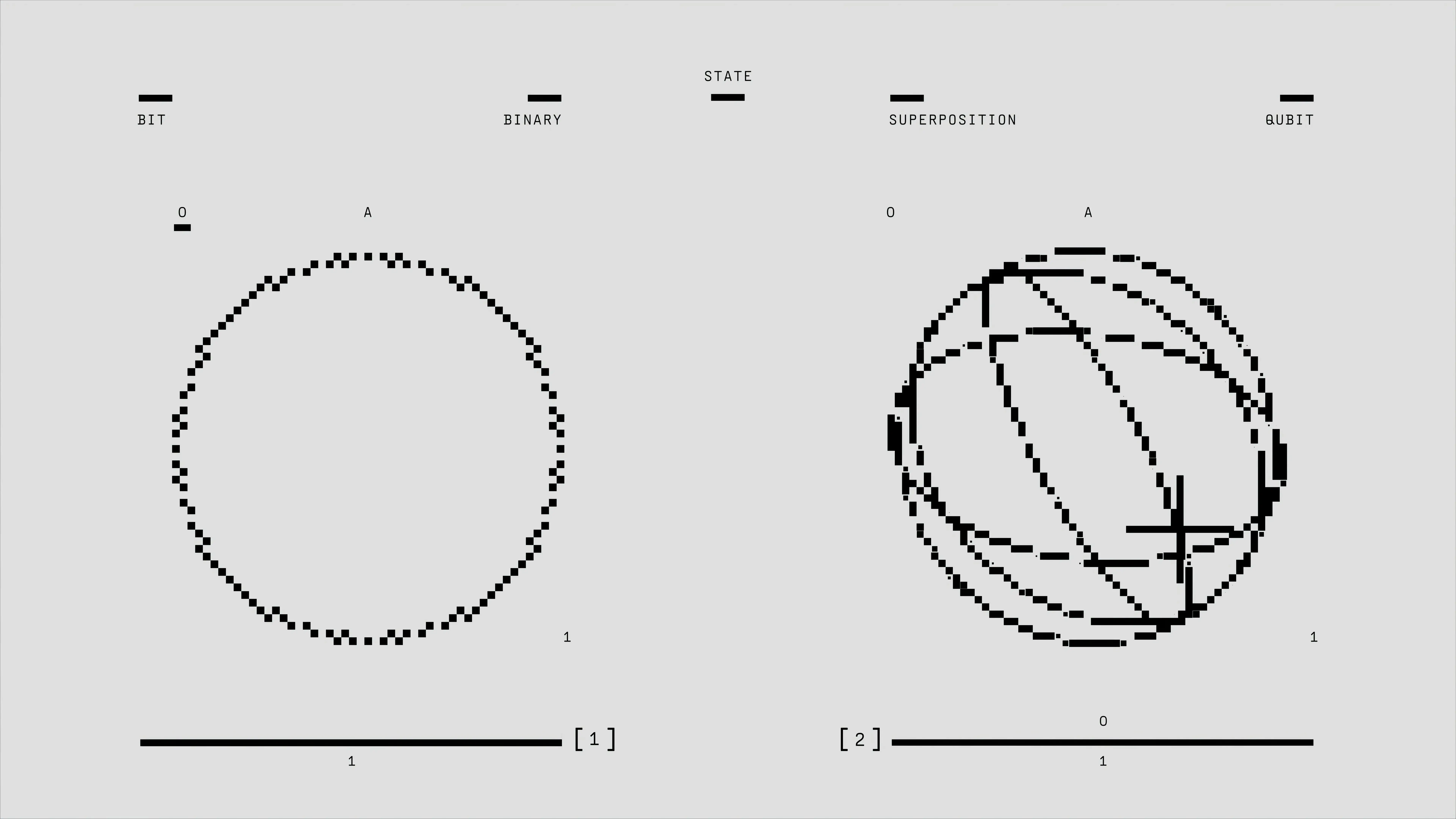COMP2048 - Theory of Computing
An exploration of computational models including Turing Machines, Cellular Machines, Lambda Calculus, and Quantum Computation.

Course Overview
COMP2048 is a comprehensive exploration of different computational models, led and taught by Shakes Chandra. The course primarily focuses on four fundamental paradigms of computation:
- Turing Machines: State-based computation that forms the foundation of modern computing theory
- Cellular Machines: Chaotic machines that emerge from simple rules, demonstrating how complexity can arise from simplicity
- Lambda Calculus: Computation derived from nothing but functions, providing a mathematical foundation for functional programming
- Quantum Computation: Computation that leverages the bizarre quantum properties of matter to potentially solve problems intractable for classical computers
Turing Machines
Under Construction: This section will be added soon. Turing Machines are state-based computation systems that form the foundation of modern computing theory.
Cellular Machines
Under Construction: This section will be added soon. Cellular Machines are chaotic systems that emerge from simple rules, demonstrating how complexity can arise from simplicity.
Lambda Calculus
Under Construction: This section will be added soon. Lambda Calculus is computation derived from nothing but functions, providing a mathematical foundation for functional programming.
Introduction to Quantum Computation
Quantum computation represents a paradigm shift in how we think about computing. Unlike classical computing, which operates on definite states (0s and 1s), quantum computing leverages the principles of quantum mechanics to process information in fundamentally different ways.
Quantum Bits (Qubits)
The fundamental unit of quantum information is the quantum bit, or qubit:
- While a classical bit can be either 0 or 1, a qubit can exist in a superposition of both states simultaneously
- Qubits are represented mathematically as wave functions (ψ), which describe the probability of finding the qubit in a particular state
- When measured, a qubit "collapses" to either 0 or 1 with probabilities determined by its quantum state
Key Quantum Principles
- Superposition: Qubits can exist in multiple states simultaneously, allowing quantum computers to process multiple possibilities in parallel
- Entanglement: Quantum particles can become correlated in ways that their quantum states cannot be described independently, even when separated by large distances
- Uncertainty Principle: There's a fundamental limit to the precision with which complementary properties (like position and momentum) can be known
Quantum Gates and Circuits
Quantum computation is performed using quantum gates, which are reversible operations that manipulate qubits:
- Hadamard Gate (H): Creates superposition by transforming a definite state (0 or 1) into an equal superposition of both
- CNOT Gate: A two-qubit gate that flips the target qubit if the control qubit is 1, crucial for creating entanglement
- Quantum Circuits: Sequences of quantum gates that implement quantum algorithms
Quantum Advantage
The power of quantum computing comes from its ability to:
- Process multiple possibilities simultaneously through superposition
- Solve certain problems exponentially faster than classical computers
- Examples include Shor's algorithm for factoring large numbers and Grover's algorithm for searching unsorted databases
Quantum Computation Project
As part of the course, we explored practical quantum computation through interactive notebooks. Below is an embedded Marimo notebook that demonstrates basic quantum computing concepts:
You can also access the full notebook directly for a more interactive experience.
Key Insights
- Quantum computation is not just a faster version of classical computing—it represents a fundamentally different approach to information processing
- The power of quantum computing comes from harnessing quantum phenomena like superposition and entanglement
- While still in its early stages, quantum computing has the potential to revolutionize fields like cryptography, materials science, and drug discovery
- Understanding different computational models provides valuable insights into the nature of computation itself
This project page summarizes key concepts from COMP2048 (Theory of Computation) at The University of Queensland, with a focus on quantum computation.